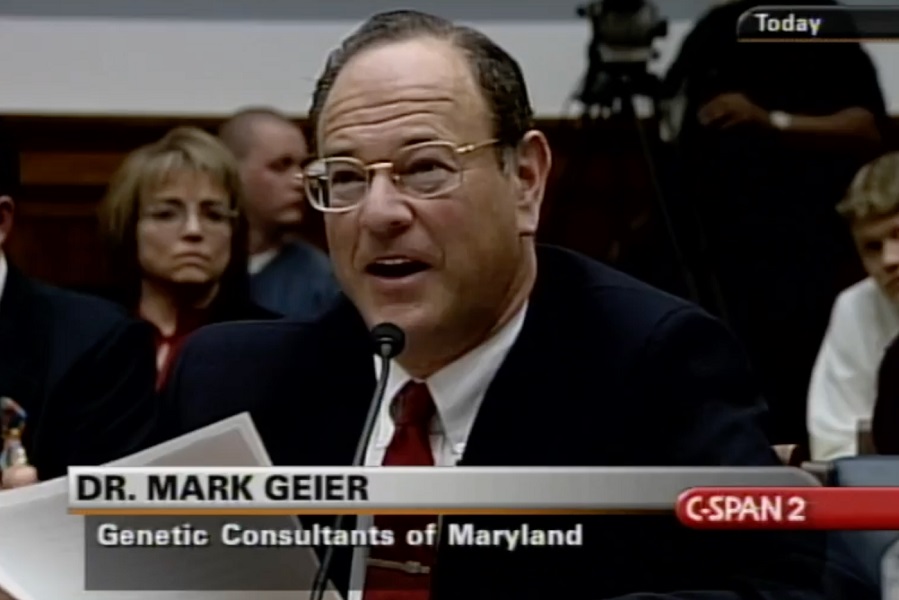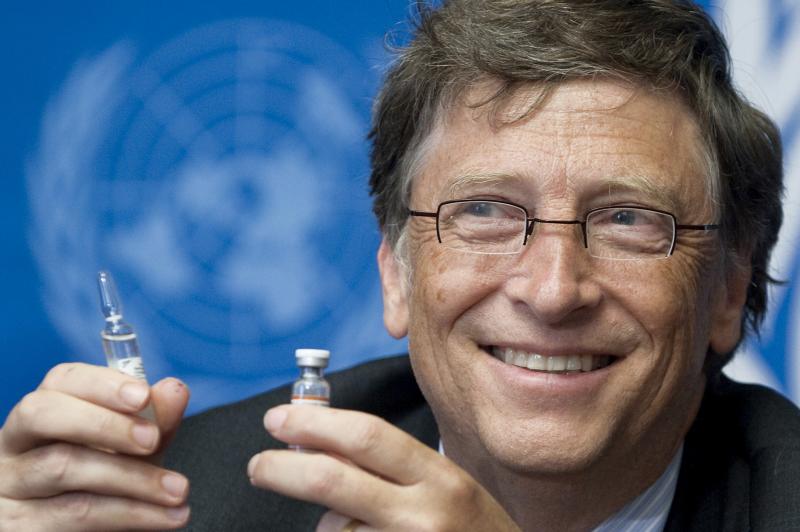The Biggest Ever Pharmaceutical Lawsuits
- 10. Amgen ($762m)
- 09. Bayer and Johnson & Johnson ($775m)
- 08. TAP Pharmaceuticals ($875m)
- 07. Merck ($950m)
- 06. Eli Lilly and Company ($1.4 billion)
- 05. Abbott Laboratories ($1.5 billion)
- 04. Johnson & Johnson ($2.2 billion)
- 03. Pfizer ($2.3 billion)
- 02. Takeda Pharmaceutical ($2.4 billion)
- 01. GlaxoSmithKline ($3 billion)
Amgen accepted $612m as civil liability and $150m as criminal
fine and forfeiture in 2007 for illegally introduced Aranesp
into interstate commerce. Aranesp, an erythropoiesis-stimulating
agent (ESA) that competes with Johnson & Johnson (J&J)’s
Procrit in the ESA market, was proposed by the company for
off-label uses, which the US Food and Drug Administration (FDA)
had declined to approve.
Amgen subsequently misbranded the drug to gain a competitive
edge in the market, as a result of which it was caught guilty by
the court. Procrit treats anaemia in cancer patients, whereas
Amgen misbranded Aranesp to be treating anaemic cancer
patients.
The FDA found in 2007 that Aranesp increased the risk of death
in patients suffering from the condition. Amgen was also charged
with illegally promoting Enbrel and Neulasta for off-label uses,
which could not be reimbursed by federal insurance programmes.
It provided illegal kickbacks to influence healthcare providers
and reported false prices for various drugs.
Bayer and J&J jointly resolved approximately 25,000 claims
filed in the US federal and state courts against their
anticoagulant drug, Xarelto, in 2019. The patients filed
complaints stating that Xarelto’s use led to internal bleeding,
stroke, and even death.
The lawsuits alleged that the two companies downplayed the risks
related to Xarelto and marketed the drug as a substitute to
another anticoagulant, warfarin, to avoid fatal blood clots.
Healthcare providers and patients were not informed adequately
regarding the risks related to Xarelto and the resulting
life-threatening complications.
Developed by Bayer, J&J holds the right to commercialise the
drug in the US while Bayer markets it in the rest of the world.
The two companies shared the settlement amount equally but did
not admit any liability.
The company offered various incentives to healthcare providers and other customers in the form of free drugs, trips to resorts, medical equipment, and consultation services for prescribing Lupron to the beneficiaries of Medicare programme.
TAP violated the Prescription Drug Marketing Act and charged several elderly beneficiaries of the Medicare programme, as well as the programme directly, for free samples of Lupron.

The FDA initially approved Vioxx to provide relief from the signs and symptoms of osteoarthritis, management of acute pain, and treatment of primary dysmenorrhea in 1999. However, the company misbranded Vioxx for rheumatoid arthritis in the interim three years before receiving the FDA’s approval for the indication in 2002. The drug was later withdrawn in 2004.
Merck was also found guilty of making false and misleading claims regarding the cardiovascular safety of the drug to increase its sales. The claims affected the payment decisions of the state Medicaid agencies.
The FDA approved Zyprexa to treat manifestations of psychotic disorders and for short-term treatment of acute manic episodes related to Bipolar I Disorder and short-term treatment of schizophrenia. It could also be used to maintain the treatment response in schizophrenic patients.
However, Eli Lilly misbranded the drug for the treatment of dementia or Alzheimer’s dementia, agitation, aggression, hostility, depression and generalised sleep disorder in elderly patients.
The company trained its sales force to unlawfully promote off-label uses and spent resources to promote the drug in nursing homes and to provide rewards for doctors for prescribing them to patients for the unapproved uses. False claims were submitted to federal insurance programmes such as Medicaid, avoiding insurance coverage for off-label uses.
The FDA approved Depakote for three indications, including epileptic seizures, bipolar mania and migraine prevention. Abbott promoted off-label use of the drug in dementia patients for controlling behavioural disturbances, depression, anxiety, obsessive-compulsive disorder, alcohol and drug withdrawal, attention deficit disorder, autism, as well as schizophrenia.
Abbott targeted elderly dementia patients and dwarfed the associated risks related to drug usage that was found in clinical studies. The company trained its sales team under various programmes to promote Depakote to healthcare providers and nursing home employees. It made agreements with pharmacy providers for the payment of rebates on the increased use of Depakote in nursing homes.
The company agreed to pay $800m towards the false claims submitted to the government healthcare programmes such as Medicare, Medicaid, and TRICARE.
The company was found guilty of off-label marketing of prescription drugs, including anti-psychotic drugs Risperdal and Invega and heart failure drug Natrecor. It was charged with offering payments to healthcare providers for their unlawful marketing targeting elderly patients with dementia.
The company paid millions of dollars to Omnicare, the largest pharmacy in the US, for promoting Risperdal and other drugs in their nursing homes. J&J was found guilty of understating the serious health risks related to Risperdal usage, including increased risk of strokes in elderly patients.
Omnicare paid $98m to settle its civil liability for accepting payments from J&J and for certain other misconducts in 2009.
Bextra, an anti-inflammatory drug that was withdrawn from the market in 2005 due to safety concerns, was marketed by the company for various off-label uses. The company also illegally promoted several other drugs, including antipsychotic drug Geodon, antibiotic Zyvox, and anti-epileptic drug Lyrica. Healthcare providers received payments for prescribing these drugs to patients for off-label use.
False claims were submitted to government healthcare programmes, bypassing the insurance programmes. The company had to pay approximately $1bn to Medicare, Medicaid, and other government insurance programmes under the settlement.
Actos became the company’s top-selling drug following its FDA approval in 1999. It gained popularity in the US, especially after GlaxoSmithKline’s controversial diabetes drug Avandia was restricted due to its risk of causing cardiovascular problems.
Following Avandia’s restriction, Takeda advertised Actos under taglines that claimed the drug lowers blood sugar without increasing the risk of a heart attack or stroke. As a result of the advertisements, diabetes patients on Avandia quickly switched to Actos.
Patients alleged that the company misled the public and asserted on the benefits of the drug overlooking its side effects based on clinical trials.
GSK was found guilty of unlawfully promoting certain prescription drugs such as Paxil, Wellbutrin, and Avandia. It failed to report certain safety data to the FDA and reported false drug prices to underpay rebates owed under the Medicaid Drug Rebate Program.
Antidepressant drugs Paxil and Wellbutrin were misbranded and healthcare providers were provided various rewards by the company to recommend them to the patients for off-label uses. The company also failed to produce safety data for Avandia, a diabetes drug that left concerns among patients over its cardiovascular safety.








